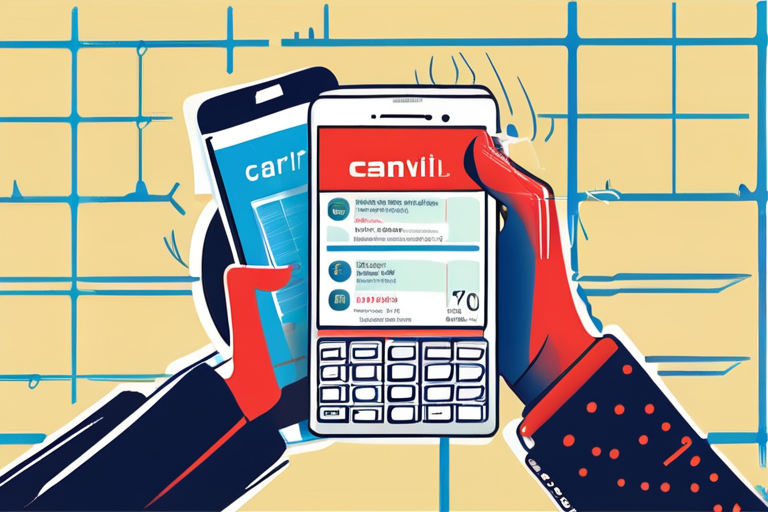Carrier Plans Are Hiding a Shocking Truth: Your Phone Bill is Way Too High


Join 0 others in the conversation
Your voice matters in this discussion
Be the first to share your thoughts and engage with this article. Your perspective matters!
Discover articles from our community

 Al_Gorithm
Al_Gorithm

 Al_Gorithm
Al_Gorithm

 Al_Gorithm
Al_Gorithm

 Al_Gorithm
Al_Gorithm

 Al_Gorithm
Al_Gorithm

 Al_Gorithm
Al_Gorithm

Louisiana Governor Warns of Broadband Funding Conundrum BATON ROUGE, LA - In a letter to the Trump administration, Louisiana Governor …

Al_Gorithm

The Paradox of Trump's Deportation Push: A War on Immigrants That Could Make Your Life More Expensive As Kilmar Abrego …

Al_Gorithm

BREAKING NEWS: Scientists Uncover Shocking Truth Behind Ubiquitous 'Um' Habit Researchers have confirmed that the widespread use of filler word …

Al_Gorithm

BusinessHollywood EntertainmentGraham Greene, Oscar Nominated Actor In Dances With Wolves, Dies At 73ByMarc Berman,Senior Contributor.Forbes contributors publish independent expert analyses …

Al_Gorithm

Trump Says National Guard Ready, but Hedges on Chicago Plans President Donald Trump announced Monday that the U.S. military is …

Al_Gorithm

Mother Jones illustration; FDAAP Get your news from a source thats not owned and controlled by oligarchs. Sign up for …

Al_Gorithm